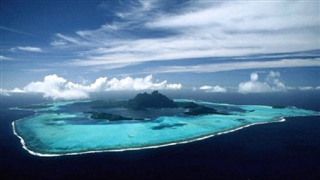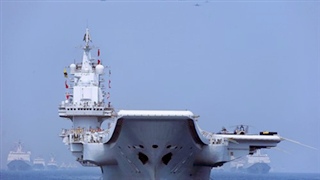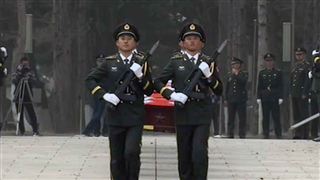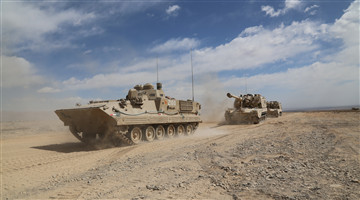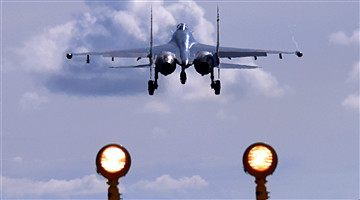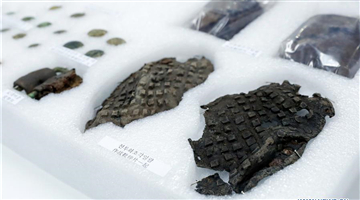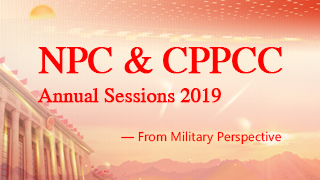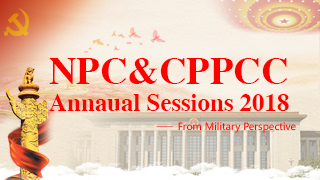Fighting has resumed in Libya. The eastern Libyan military commander Khalifa Haftar ordered his troops to advance on the capital city of Tripoli controlled by the UN-recognized Government of National Accord.
In general, such a case would be seen as a rebel force's attack against government troops, but the current Libya is in a more complex situation.
Libya is among countries that have borne the brunt of "Arab Spring" since 2011. The West, led by France and the UK, interfered in Libya and overthrew the regime of Muammar Gaddafi. The US also took part. The country has been politically divided since then. UN-recognized government controls the capital and certain western parts; some areas are controlled by the House of Representatives and the Government of National Accord; while other regions are anarchic.
The complexity of this question lies in that Haftar is not simply a warlord, but backed by international forces. The deep division of the Arab world on the Libyan situation is clear.
The US announced Sunday it withdrew some of its forces from Libya which protected diplomatic facilities and carried out counter-terrorism missions there. Although it didn't clarify the number, it is supposed to be a small contingent.
It is generally believed that the political power in Tripoli is legitimate while Haftar has a more complicated background. Nonetheless, the Libyan situation is now intertwined with oil interests. Thus, no clear-cut camps have been formed. Haftar once served as Gaddafi's military chief of staff. He obtained American citizenship in the 1990s. His troops are regarded as a secular force against extremism and terrorism.
Libya is one of the biggest failures since the Arab Spring, and has lost the strategic attention of the West. The West used to have a clear enemy - Gaddafi. Stimulated by the ideological concern, the West interfered in Libya with considerable investments regardless of the consequences. This interference was trumpeted as a righteous fight at that time. In the succeeding years, Libya has almost been forgotten except for its refugees.
In the wake of recent fighting, the US didn't send more troops to Libya but withdrew its a few soldiers left there. Other Western countries couldn't come up with a clear solution either.
Tripoli is not an ideological target and geopolitical significance has declined. The West couldn't care less about it. After the fall of Gaddafi, undermining the Bashar regime in Syria supported by Russia and Iran has become a geopolitical goal that thrills the West. The West only cares about promoting democracy but walks away on rebuilding. When Libya faced another crisis, the US obviously sent a negative signal by withdrawing soldiers. If the international community cannot promote a cease-fire and take the sides involved to the negotiating tables, Libya will suffer again and bleed.
The West-hailed Arab Spring eight years ago has been proven to be one of the least effective revolutions ever in history. Libya, Syria and Yemen continue to suffer. Egypt has restored a de facto military regime while US allies in the Gulf were barely affected. Tunisia is the only relatively stable country that underwent a lot.
The per capita GDP of Libya fell from the world's 56th position in 2010 to the 108th in 2017. This was definitely not the result of Gaddafi's governance alone. If the West doesn't want to assume the responsibility of helping Libya regain stability and development, they should at least admit to the world that the Western model is not almighty and means huge risks for many developing countries.
